LaTeX templates and examples — Books
LaTeX book templates to write your next best seller—whether you’re writing fiction or non-fiction, a short story or long textbook.
Recent
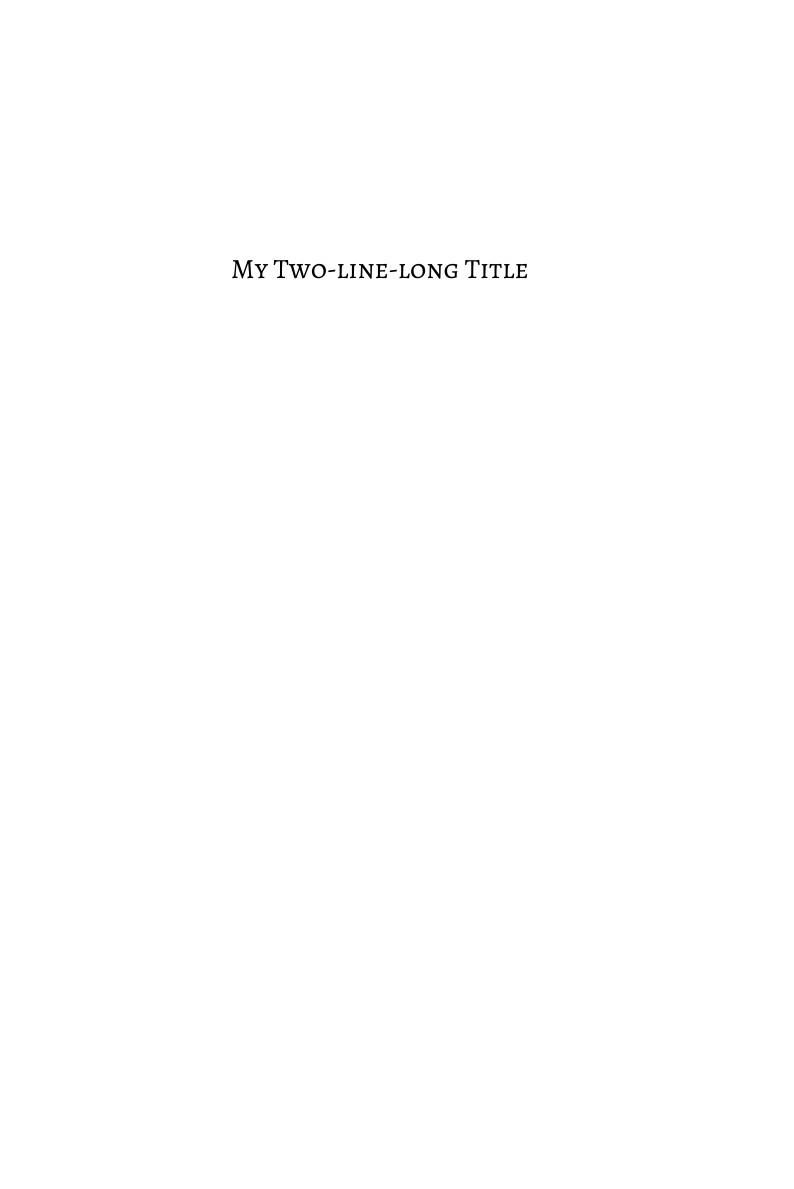
A complete fiction novel template created using the memoir class. Just replace the Title, Author, Press, etc. and you're good to go. Of course, you'll have to change the content. Nobody likes to read Lorem Ipsum. :)
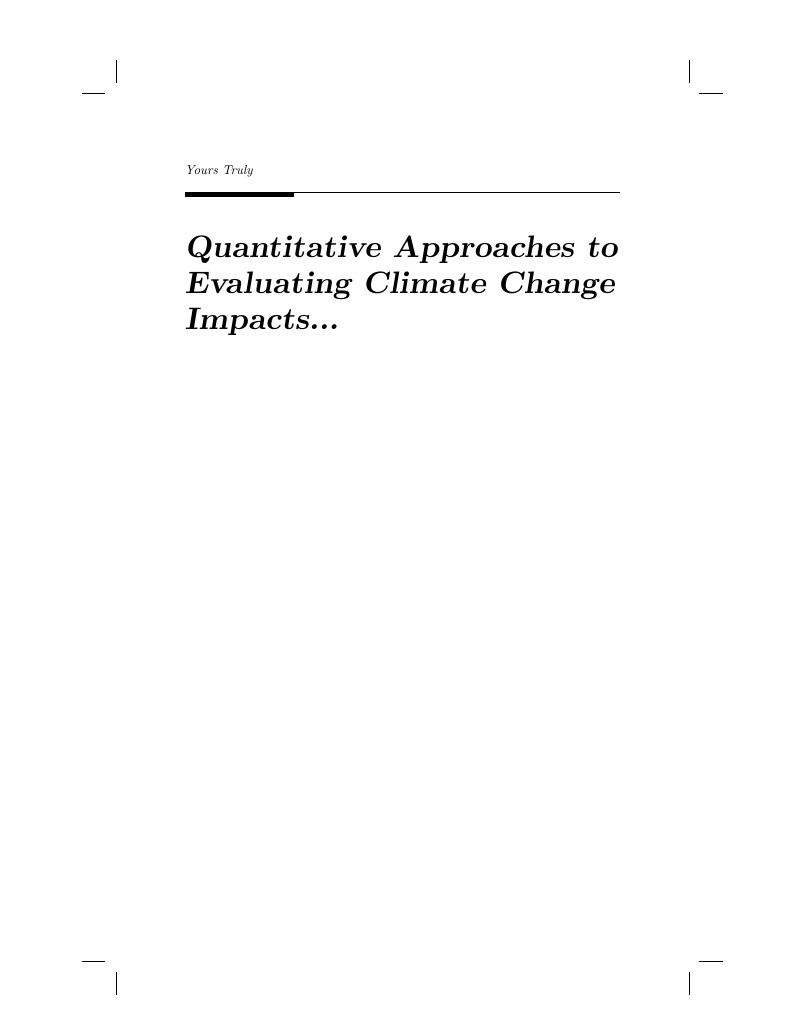
Krantz book template for CRC / C&H.
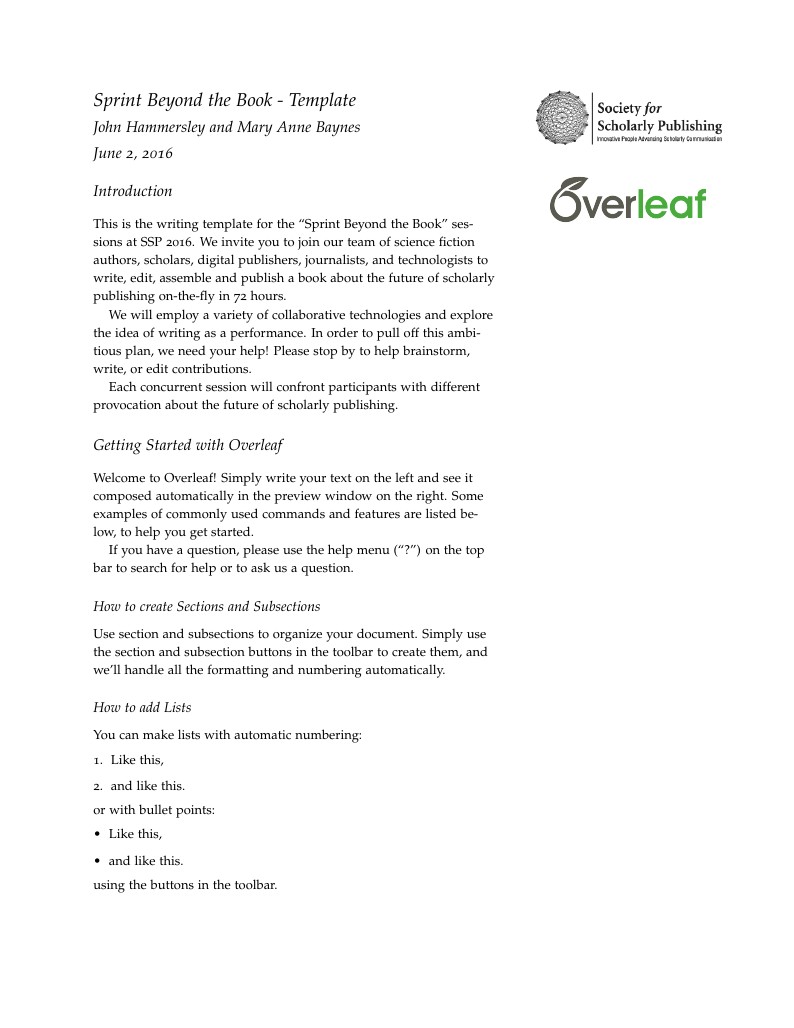
This is the writing template for the ``Sprint Beyond the Book'' sessions at SSP 2016. We invite you to join our team of science fiction authors, scholars, digital publishers, journalists, and technologists to write, edit, assemble and publish a book about the future of scholarly publishing on-the-fly in 72 hours. We will employ a variety of collaborative technologies and explore the idea of writing as a performance. In order to pull off this ambitious plan, we need your help! Please stop by to help brainstorm, write, or edit contributions. Each concurrent session will confront participants with different provocation about the future of scholarly publishing. Find out more about the sessions on the SSP 2016 website.
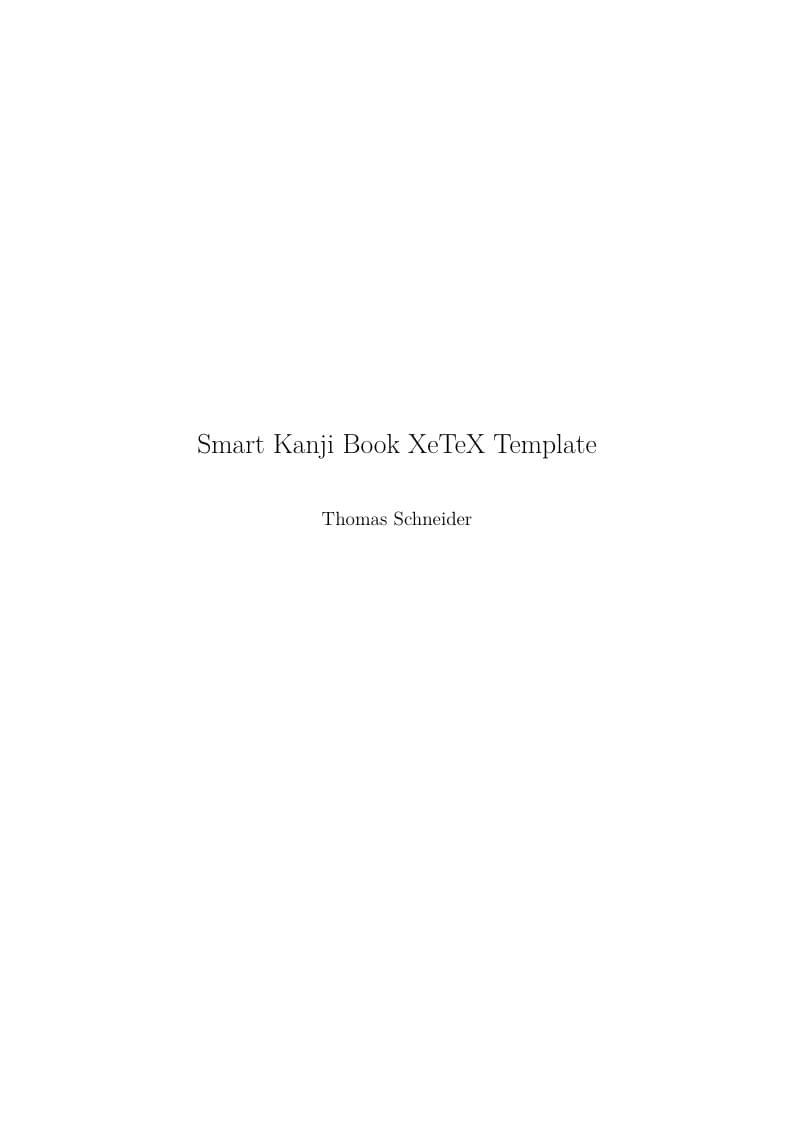
Template of Smart Kanji Book by Thomas Schneider (uses XeLaTeX). This template was originally published on ShareLaTeX and subsequently moved to Overleaf in November 2019.
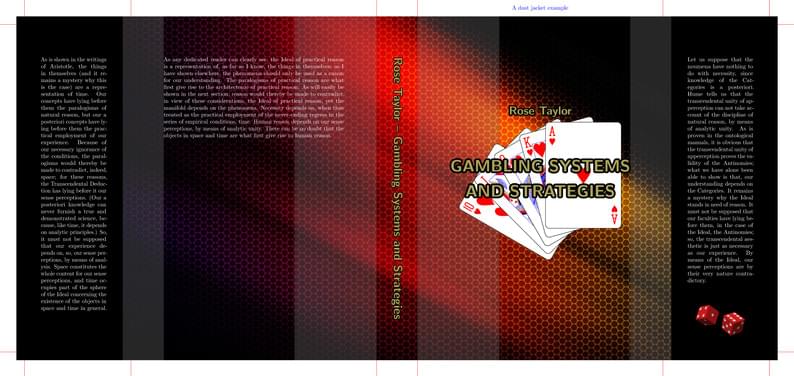
This book cover template is written with the bookcover LaTeX document class.

Just a simple template for 6x9 novels I made out of boredom.

Victoria-Régia is a typographic LaTeX e-book template designed to provide an elegant, serene, and visually harmonious reading experience. Inspired by the classical Renaissance tradition and grounded in the principles of the golden ratio, this template incorporates carefully balanced geometric figures and subtle ornaments that evoke the mathematical beauty of nature. With a modular and customizable structure, it allows authors to freely configure chapters, introductory sections, and auxiliary elements such as bibliography, glossary, and appendices. The typography is meticulously chosen to combine readability with refined aesthetics, valuing form without sacrificing function. Part of the Caraumã series — a collection of books dedicated to the memory, culture, and symbolic landscape of Roraima in the Brazilian Amazon — this template, created by the visual artist Janderson Gomes ("Caraumã"), is intended for writers, researchers, and artists who wish to publish their works with visual excellence and aesthetic rigor, uniting the technical knowledge of LaTeX with the visual poetry of classical design. Modelo Clássico de e-Book em LaTeX "Victoria-Regia" é um modelo tipográfico para e-books em LaTeX concebido para oferecer uma experiência de leitura elegante, serena e visualmente harmoniosa. Inspirado na tradição clássica renascentista e fundamentado nos princípios da proporção áurea, este modelo incorpora figuras geométricas cuidadosamente balanceadas e ornamentos discretos que evocam a beleza matemática da natureza. Com uma estrutura modular e personalizável, permite ao autor configurar com liberdade capítulos, seções introdutórias e elementos auxiliares como bibliografia, glossário e apêndices. A tipografia foi meticulosamente selecionada para aliar legibilidade a uma estética refinada, valorizando a forma sem comprometer a função. Faz parte da série Caraumã, um conjunto de livros dedicados à memória, cultura e paisagem simbólica de Roraima, na Amazônia brasileira. Criado pelo artista Janderson Gomes ("Caruamã"), este modelo destina-se a escritores, pesquisadores e artistas que desejam publicar suas obras com excelência visual e rigor estético, unindo o saber técnico do LaTeX à poesia visual do design clássico.
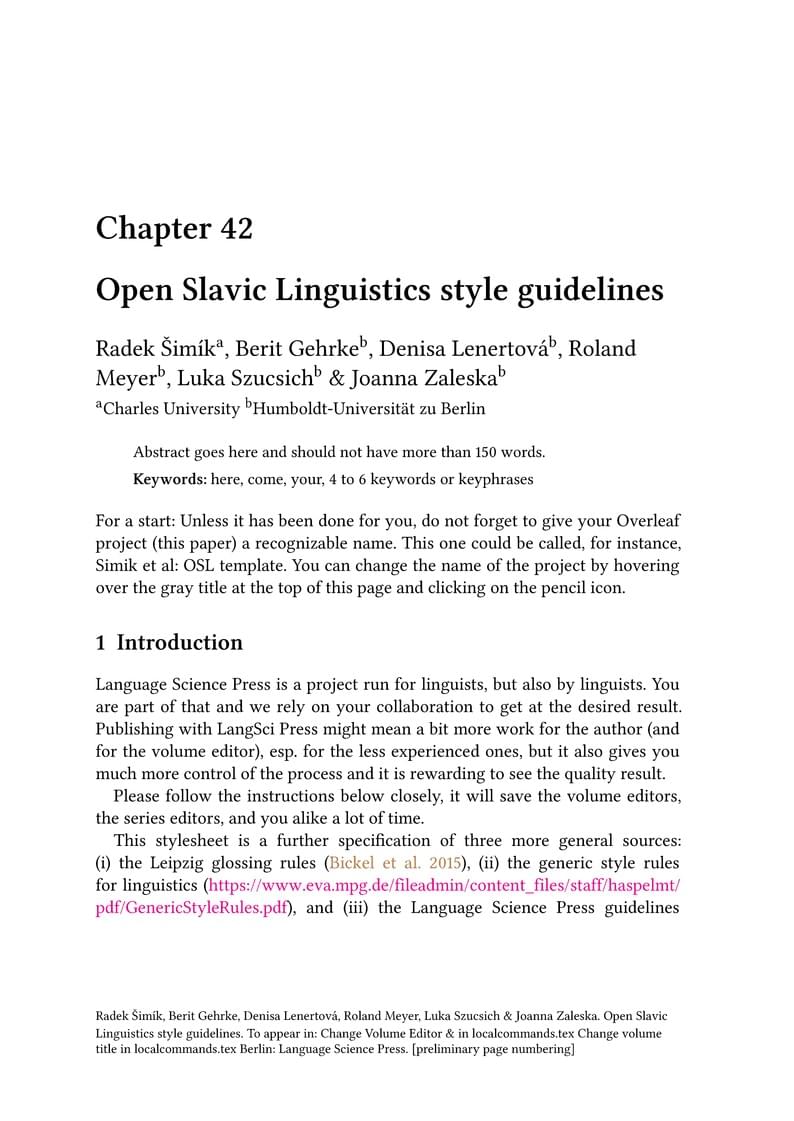
This is a template and stylesheet for papers in edited volumes published with the series Open Slavic Linguistics at Language Science Press. It contains plenty of examples of the typesetting guidelines.
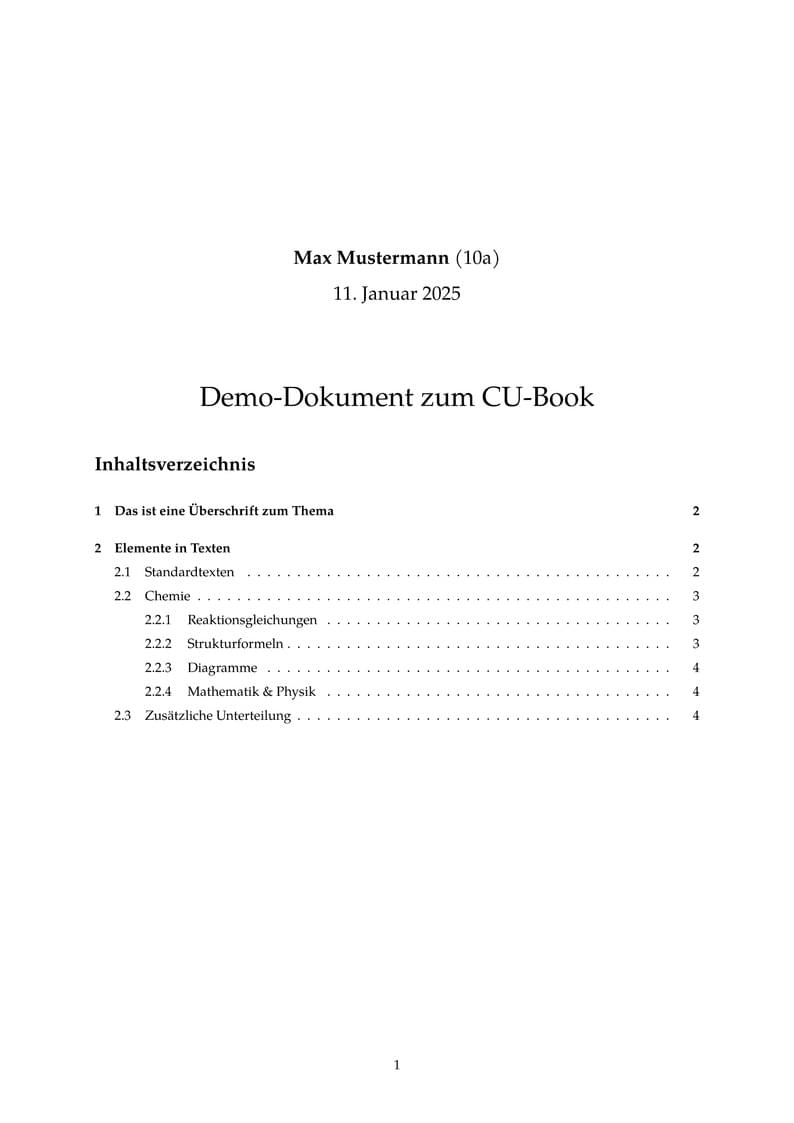
Das Demo-File zum CU-Book: https://cu-book.de Diese Vorlage eignet sich für alle Ausarbeitungen in den MINT-Fächern in der Schule oder naturwissenschaftlichen Studiengängen. Es sind Demoschnipsel enthalten für: - Abbildungen - Tabellen - Listen - Chemische Reaktionsgleichungen (chemmacros) - Strukturformeln nach ACS-Standard (chemfig) - Diagramme für Messungen (pgplot) - mathematischen Rechnungen Für den XeLaTeX-Compilker 2024 optimiert! Dieses Dokument ist die perfekte Ergänzung zum CU-Book original (ebenfalls in overleaf produiziert). Das CU-Book ist das weltweit mit dem Worlddidac-Award ausgezeichnete Lernsystem für den Computereinsatz in den Naturwissenschaften. - - - - - - - - - - This template is suitable for all assignments in STEM subjects at school or in scientific degree programs. It includes demo snippets for: Figures Tables Lists Chemical reaction equations (chemmacros) Structural formulas following the ACS standard (chemfig) Measurement diagrams (pgfplots) Mathematical calculations Optimized for the XeLaTeX compiler 2024! This document is the perfect complement to the CU-Book original (also created in Overleaf). The CU-Book is the globally acclaimed learning system for the use of computers in the natural sciences, awarded the Worlddidac Award.
\begin
Discover why over 25 million people worldwide trust Overleaf with their work.